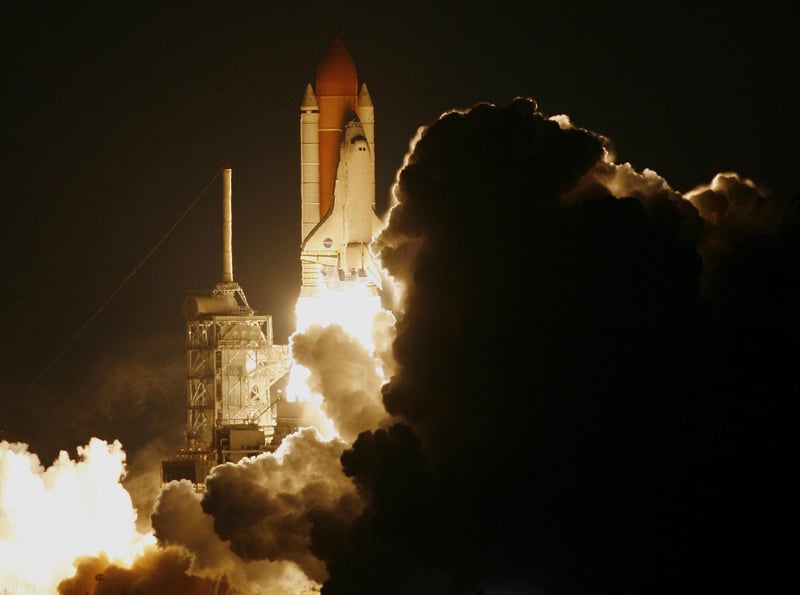Quantum Propulsion
The Future of Space Travel: Advanced Propulsion and Quantum Propulsion
Space exploration has always been limited by the capabilities of our propulsion systems. However, recent advancements in technology have paved the way for a new era of space travel with advanced propulsion and even the potential of quantum propulsion.
Advanced Propulsion Systems
Traditional chemical rockets have been the mainstay of space missions for decades. While effective, they have limitations in terms of speed and efficiency. Advanced propulsion systems aim to overcome these limitations and revolutionize space travel.
Ion Propulsion
Ion propulsion systems use electric fields to accelerate and expel ions to generate thrust. While they produce low acceleration, they are highly efficient and can operate for long durations. Ion thrusters have been used in various missions, such as NASA's Dawn spacecraft.
Nuclear Propulsion
Nuclear propulsion systems leverage nuclear reactions to generate thrust. They offer higher thrust levels and potentially faster travel times compared to traditional rockets. Concepts like Nuclear Thermal Propulsion (NTP) and Nuclear Electric Propulsion (NEP) are being explored for future missions.
Quantum Propulsion
Quantum propulsion is a theoretical concept that envisions harnessing quantum phenomena to propel spacecraft at speeds exceeding the limitations of classical physics. While still in the realm of scientific speculation, quantum propulsion could revolutionize interstellar travel.
Warp Drives
One of the most popular ideas in quantum propulsion is the concept of warp drives. By manipulating spacetime, warp drives could compress space in front of a spacecraft and expand it behind, allowing for faster-than-light travel without violating the laws of physics.
Quantum Vacuum Plasma Thrusters
Another intriguing concept is the Quantum Vacuum Plasma Thruster (Q-thruster), which proposes generating thrust by interacting with the quantum vacuum. While still experimental, Q-thrusters could offer a revolutionary new method of propulsion.
The Future Awaits
As technology advances and our understanding of physics deepens, the possibilities for advanced propulsion and quantum propulsion continue to expand. While challenges remain, the future of space travel holds immense promise for exploring the cosmos like never before.

Exciting times lie ahead as we venture into the unknown realms of space with propulsion systems that push the boundaries of what we once thought possible.
